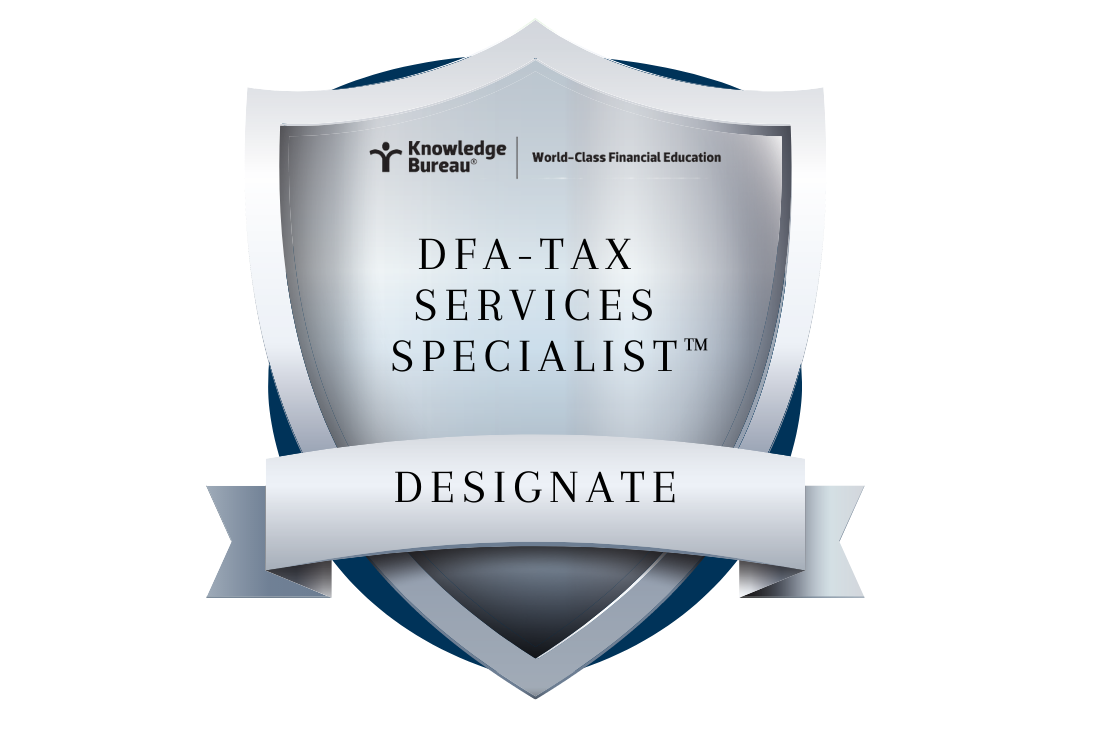Cameco: Transfer Pricing, Oral Interviews & The Duke

Marco Iampieri B.A., JD, M.B.A.
Watch what you say when it comes to transfer pricing, oral interviews with auditors, and related tax planning. These distinct topics came face to face in the dramatic court saga, which was Cameco Corporation and Her Majesty the Queen (“Cameco”).
Especially noteworthy: after this decision, Budget 2021 has proposed amendments to the tax legislation confirming that CRA officials have the authority to require persons to answer all proper questions and provide all reasonable assistance for any purpose related to the administration or enforcement of the relevant statute orally or in writing. This has big implications for advisors. Here’s the story:
Cameco began in the Tax Court of Canada, and judgment was rendered in the Federal Court of Appeal, and leave to appeal at the Supreme Court of Canada was denied. The overarching tax principles that collided, in this case, were Canada’s Federal jurisdiction to tax and the right of a taxpayer to avoid and reduce tax liability legally.
What are the facts of the Cameco decision?
In short, Cameco Corporation procured, sold, and distributed uranium internationally. Cameco Corporation expected a large volume of uranium to be sold at some point in the future that was not sourced from Canada. As a result, Cameco Corporation restructured from being solely based in Saskatoon to three separate entities doing three different tasks: Cameco Corp., the Canadian side producing and mining, Cameco Europe being the trader, the price speculator, and Cameco Inc., being the broker, the one who finds the customers. Cameco Services Inc. was incorporated in Barbados. Cameco Switzerland AG was incorporated in Zug, Switzerland, and Cameco Corp. remained incorporated in Saskatoon.
Many contracts regulated the business activities between these three entities. This reorganization allowed Cameco Corporation (as it then was) to avoid a substantial amount of Federal income tax payable in Canada. As part of the audit of Cameco Corporation, the Minister wanted to interview 25 of Cameco Corporation’s employees orally. The Federal Court concluded that the general audit powers under section 231.1 of the Income Tax Act do not encompass an ability to compel the production of a witness for an oral examination.
Positions of the Parties
The Minister of National Revenue (“Minister”) argued that Cameco Corporation did not, in fact, transfer the business activity from Saskatoon, Canada, to another jurisdiction. Instead, the Minister argued that it is not enough to put all the contracts into the name of the foreign subsidiary and claim that the business is not that of the foreign subsidiary. The Minister argued that the reorganization undertaken by Cameco Corporation was a sham and that the parties presented the transaction in a manner that is different from what they know it to be. Finally, the Minister argued that the transfer pricing recharacterization rule permits the Minister to make adjustments based on a transaction that differs from the taxpayer’s actual transaction.
Cameco Corporation argued that the reorganization that took place and the contractual relationships are what they appear on their face to be. There is no deception and no sham. Cameco Corporation argued that the transfer pricing recharacterization rules do not apply in this case and is taxing Cameco Corporation based on an artificial reconstruction of its corporate structure and its transactions that is not justified on the facts.
Outcome
Upon the conclusion of a lengthy trial at the Tax Court of Canada, the Tax Court found that none of the transactions, arrangements, or events in issue in the appeals were a sham and that the Minister’s transfer pricing adjustments for each of the years at issue shall be reversed.
Appeal
The Minister appealed the Tax Court decision to the Federal Court of Appeal. The Federal Court of Appeal did not change the judgement of the Tax Court. Further, the Minister appealed to the Supreme Court of Canada, but the SCC denied the Minister’s application for leave to appeal.
Fallout from Cameco
After this decision, Budget 2021 has proposed amendments to the tax legislation confirming that CRA officials have the authority to require persons to answer all proper questions and provide all reasonable assistance for any purpose related to the administration or enforcement of the relevant statute orally or in writing. In practice, this could involve subjecting employees of corporations to oral interviews vis-à-vis a CRA auditor.
Budget 2021 also announced the government’s intention to consult on Canada’s transfer pricing rules to protect the integrity of the tax system because the government believes that, without reform, shortcomings in the current transfer pricing rules can encourage the inappropriate shifting of corporate income out of Canada, artificially reducing corporations’ taxes owed in Canada.
Bottom Line: Parliament amended the legislation to ensure that the CRA can audit a company through oral or written interviews, and that auditors have discretion to choose which employees, directors or other agents of the business subject to Canadian tax, to interview for the purposes of compliance with Canadian tax laws.There are four takeaways for advisors:
First, Cameco provides clear jurisprudential guidance for multinational enterprises with various supply contracts across jurisdictions.
Second, Cameco also provides jurisprudential approval of the ability to restructure affairs for tax efficiency purposes.
Third, Cameco sheds light on the sham argument and the limits thereon.
Finally, and most importantly, for the purpose of advisors and their clients, an auditor can choose to orally interview employees, and other agents of an entity subject to Canadian tax liability. Advisors and their clients should heed tax counsel by retaining a tax lawyer, should the advisor believe that the advisor’s client has audit risk. Audit risk is multi-faceted and involves limitation periods, penalties and legal concepts that are built from the unique facts of the case that are built during an audit of a legal entity.
Additional educational resources: Stay up to date on the latest information on how you can help clients remain audit-proof by becoming a DFA-Tax Services Specialist™